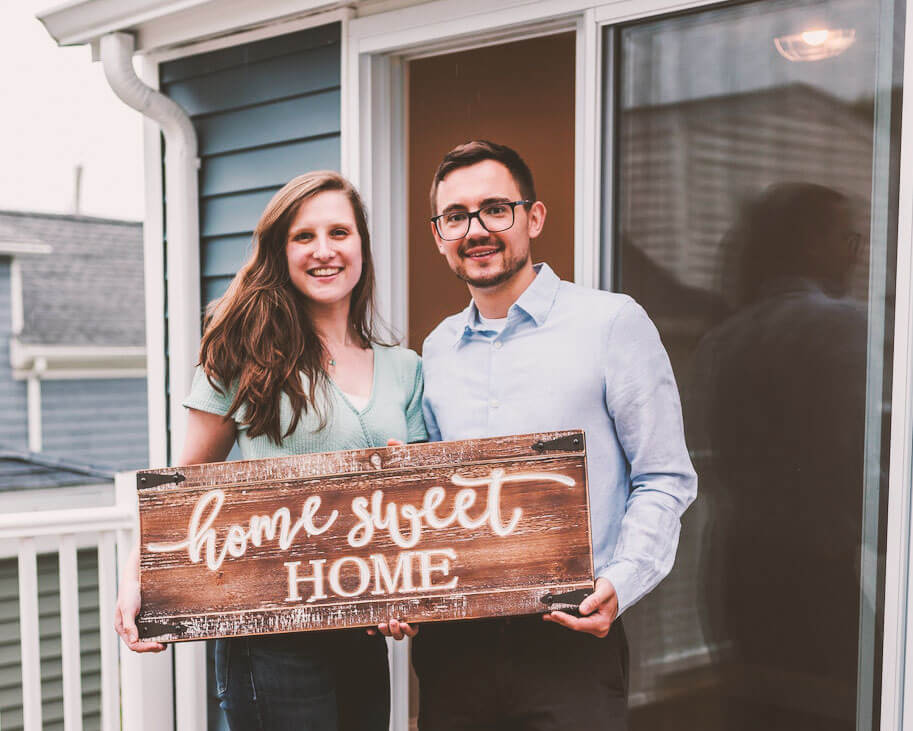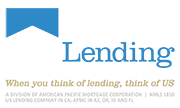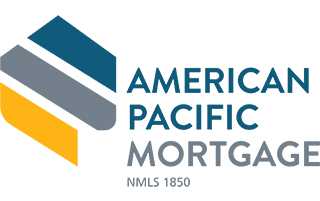Specialty Loans – Mini menu
Non-QM Loans in Northern California
What is a Non-QM home loan? Basically, Non-QM is short for “Non-Qualified Mortgage” These are a type of specialty loan that is not limited to all the requirements from the Consumer Financial Protection Bureau (CFPB) and other government-sponsored enterprises (GSEs) involved with mortgage assistance and funding.
Other restrictions may also apply depending on the property, location, and other details of the transaction. If your loan is above the conforming loan limit determined by Fannie and Freddie, for example, it’s a non-conforming loan.
Aside from loan amounts, non-conforming loans are there to accommodate borrowers who fall outside the normal loan criteria for any number of reasons.
Note: Non-QM loans are not like subprime loans from the last housing crisis. Lenders will still make a good-faith effort to verify you can repay the loan (using their own guidelines to prove you can afford the monthly mortgage payments).
*Other restrictions and guidelines apply. Please contact lender for full program details.
Non-QM loan basics
The Non-QM, or sometimes referred to as Non-conforming loan programs, vary from mortgage lender to mortgage lender, but all are designed to solve the problems some borrowers face qualifying for a home loan due to self-employment, income from multiple sources, or even a credit ding in the past.
Non-QM loans are for people who may have found their dream home but were denied a home loan by traditional mortgage underwriting standards.
The borrower still needs to show proof that they can afford the mortgage obligations remains, but there is more flexibility for these special cases.
A non-qualified mortgage is often a temporary solution until you can better meet the standard mortgage guidelines. At that time, you can consider refinancing to a more traditional loan.
WHO ARE A NON-QM LOANS FOR?
The Self-Employed
While standard loan programs require tax returns/documents to prove your self-employed income, non-QM lenders may offer a mortgage based on your bank statements with no need for filed tax paperwork.
The lender looks at deposits based on 12 – 24 months’ worth of personal or business statements to determine your qualifying income.
High net worth borrowers
Some lenders allow you to divide the total cash balance in an asset account by a lender-chosen time period and use the result for qualifying income. This is known as an asset depletion loan.
For example, a $200,000 savings balance may be converted into $833.33 of extra monthly qualifying income with a typical 20-year asset depletion loan term.
Recent Bad Credit
You may be eligible for a non-QM loan soon after completing a bankruptcy or foreclosure. You would typically need to wait two to seven years after a significant credit event for standard loan programs.
INVESTORS IN MULTIPLE RENTAL UNITS
Non-QM loans may be a good choice for investors who own more than 10 financed investment properties — the limit for most conventional lenders.
Other non-QM lenders offer debt-service coverage ratio loans for real estate investors. If the rent on the new home covers the monthly payment, you don’t need other income to qualify.*
FOREIGN NATIONALS
A foreign national in this case is a citizen of another country who lives in the U.S. for work or vacation – short term.
Non-QM loans for foreign nationals may not require proof of U.S. income, credit, or a Social Security number.*
Looking for AN INTEREST-ONLY PAYMENT OPTION
Sporadic income-earners may benefit from an interest-only loan that allows for a lower payment option during times of the year when they earn less. Note: Your payment could increase after the interest-only period ends, making the loan harder to repay.*
How do Non-Qualified Mortgages differ from standard mortgages?
Compare the features of standard “qualified loans” with non-QM.
Non-QM loan underwriting
There are no uniform underwriting standards for non-QM loans, and lenders tend to specialize in certain types of non-QM products.
Interest rates and loan terms may vary widely from lender to lender. Statistics gathered by CoreLogic in the first three months of 2022 found the following common credit characteristics of closed non-QM loans:
- The average credit score was 771.
- The average down payment was 24%.
- The average DTI ratio for non-QM home buyers was 37%.
Additionally, CoreLogic’s analysis puts forth the top three reasons borrowers chose non-QM loans:
- More flexible documentation requirements.
- Higher DTI ratio limits.
- Option for interest-only payments.
For loan examples and more information visit our disclosure page at https://uslendingcompany.com/disclosures/






